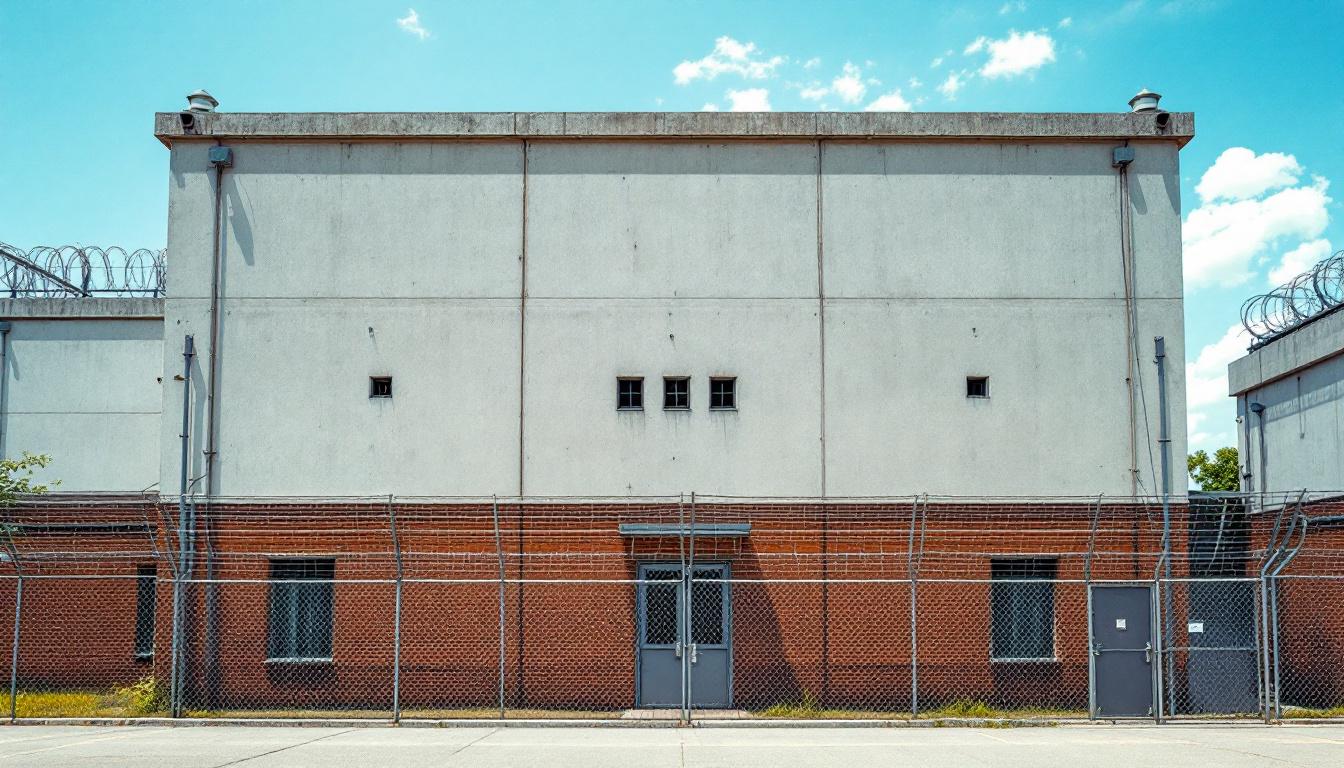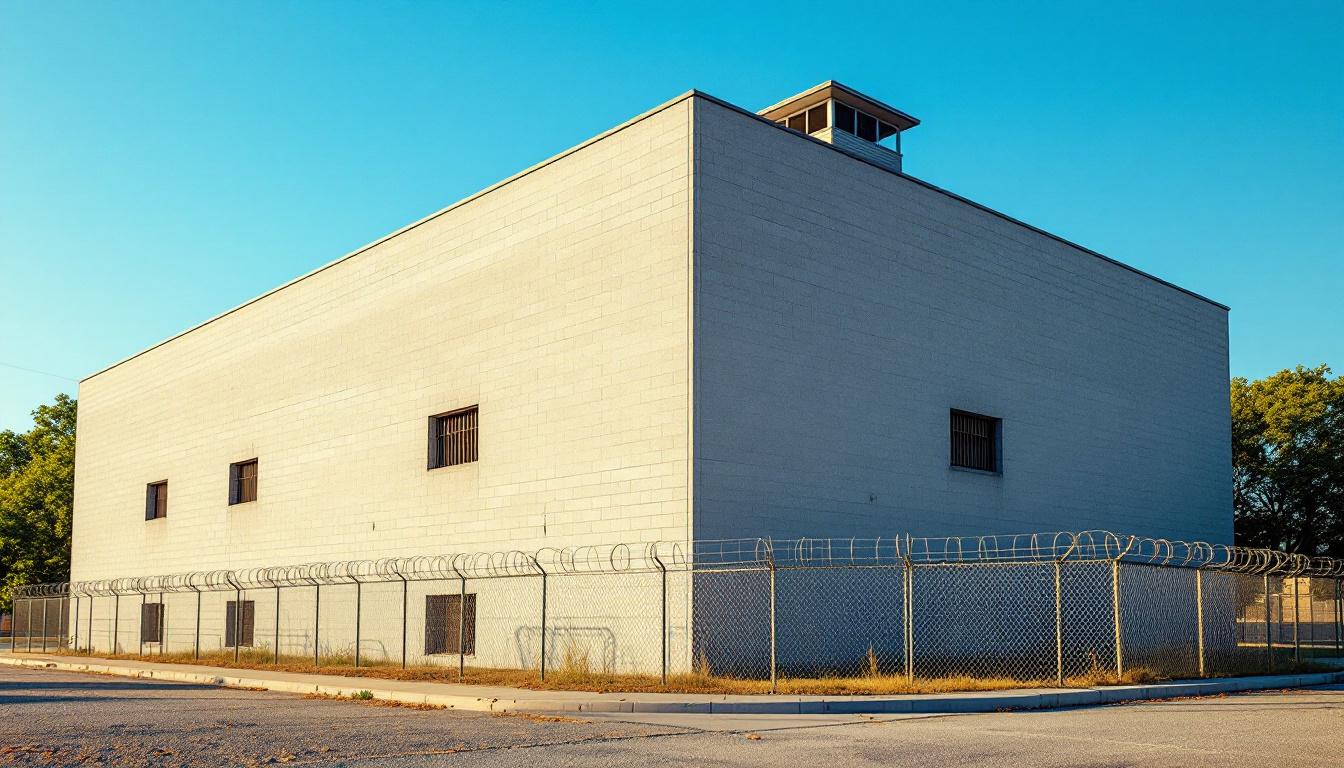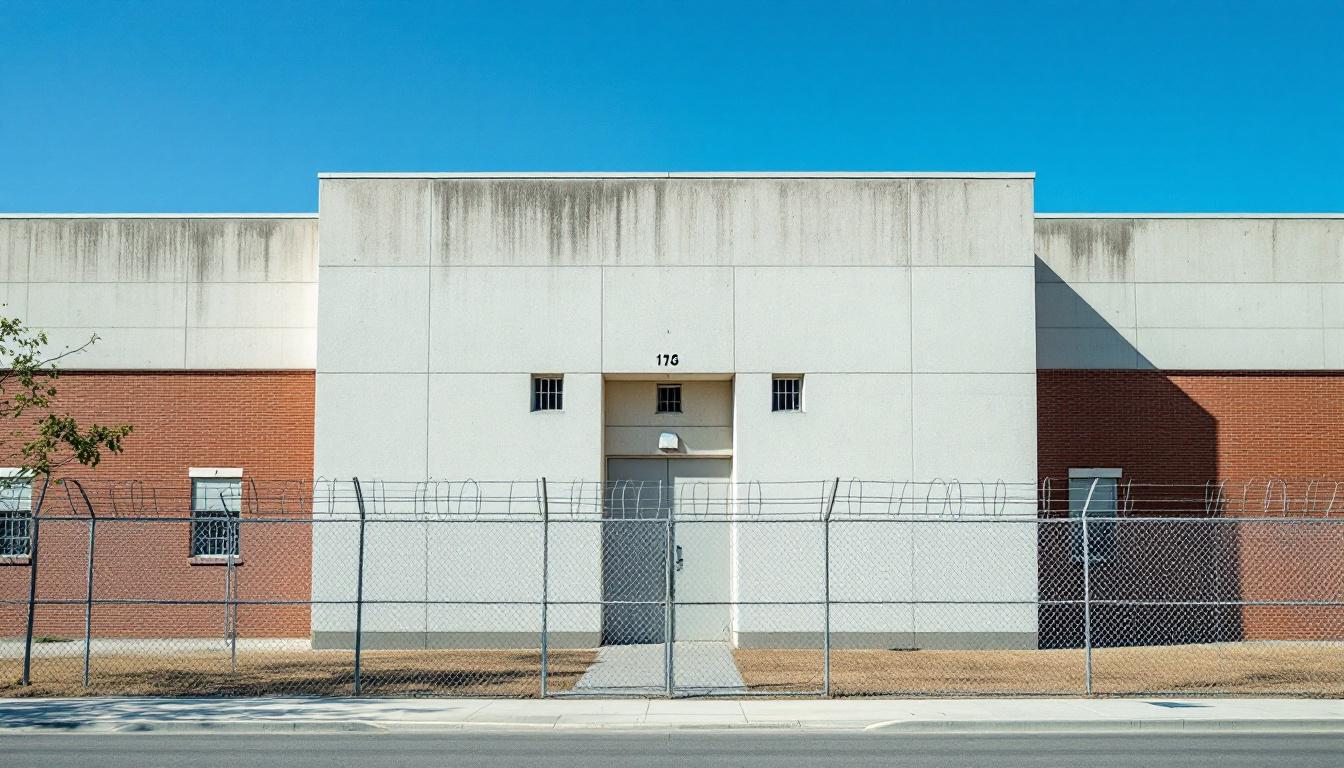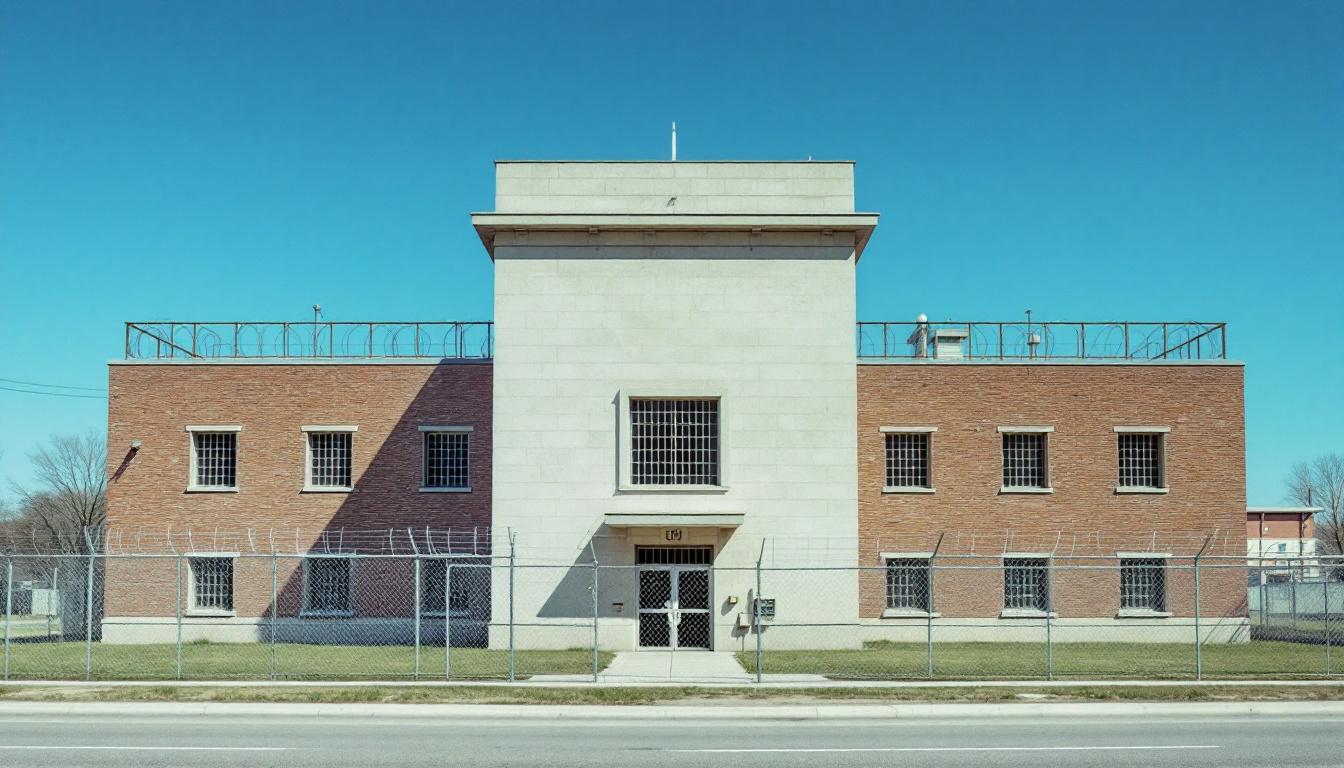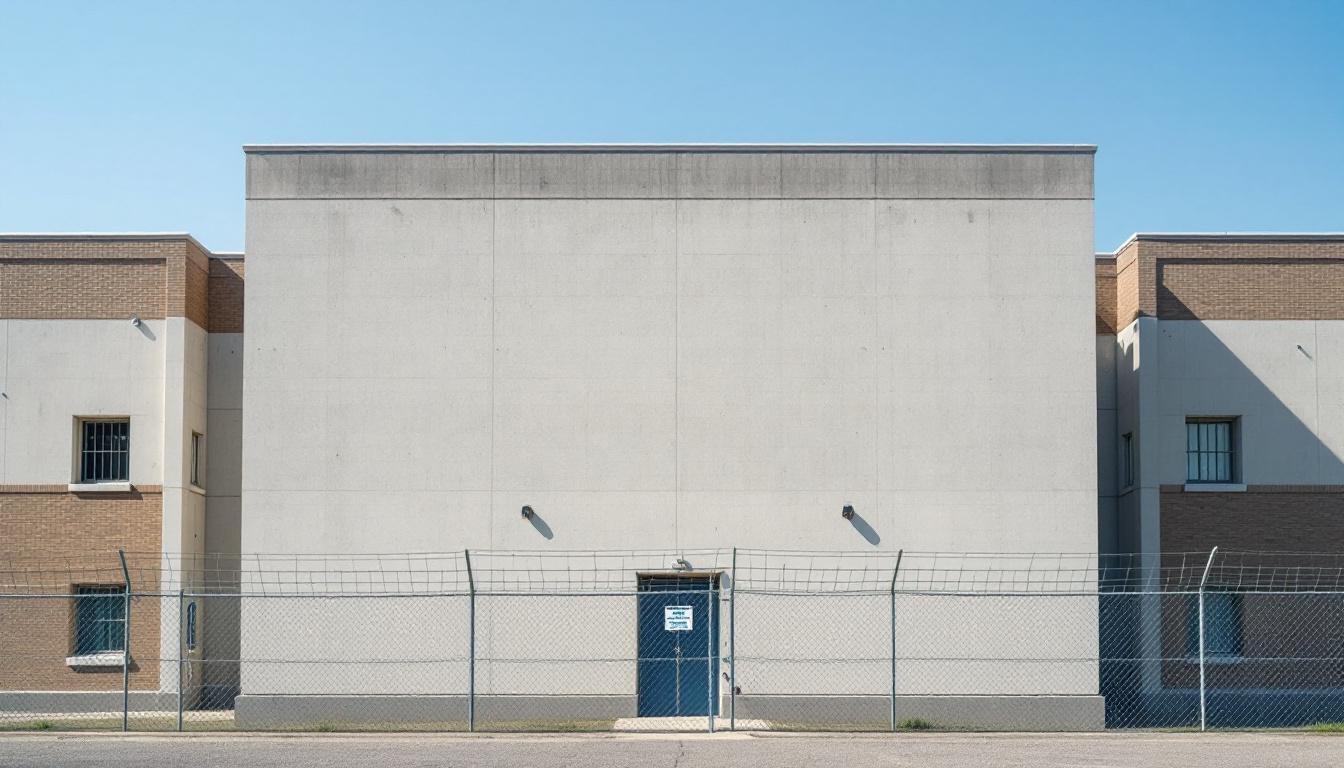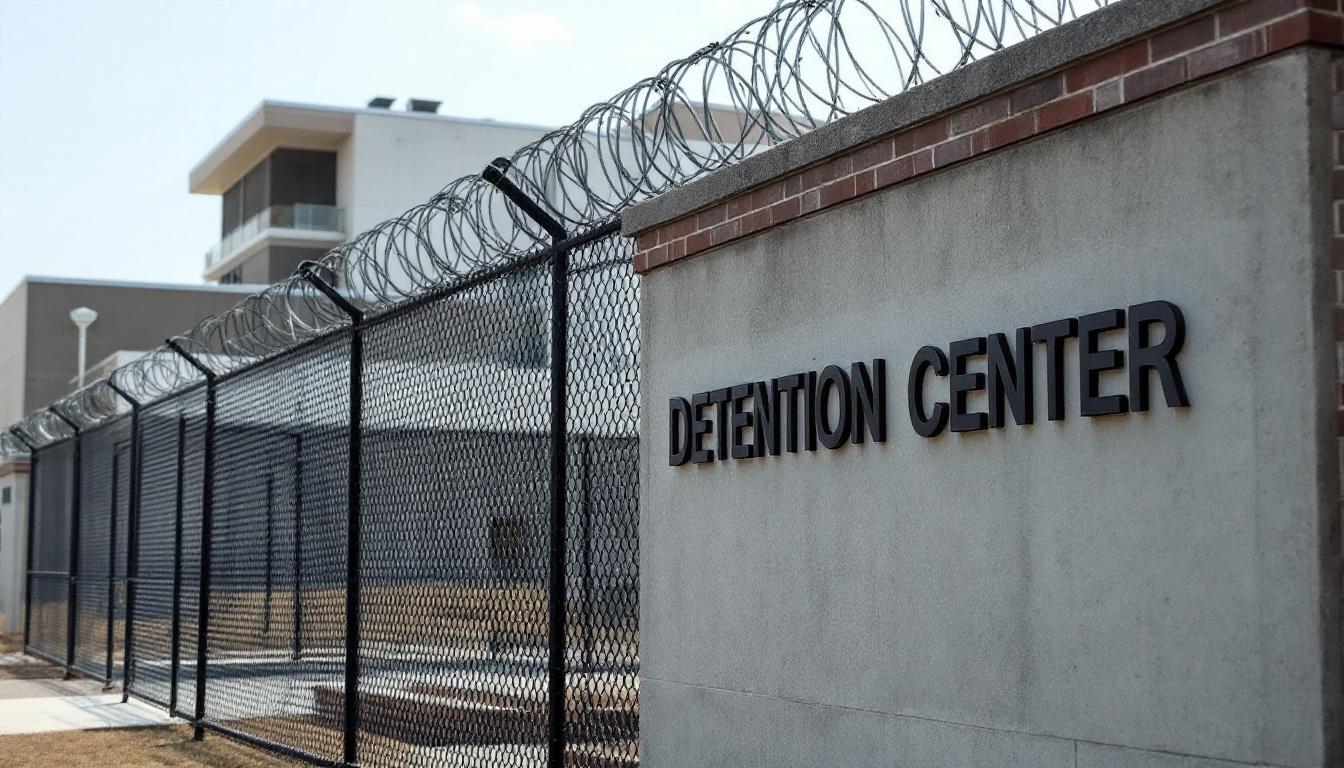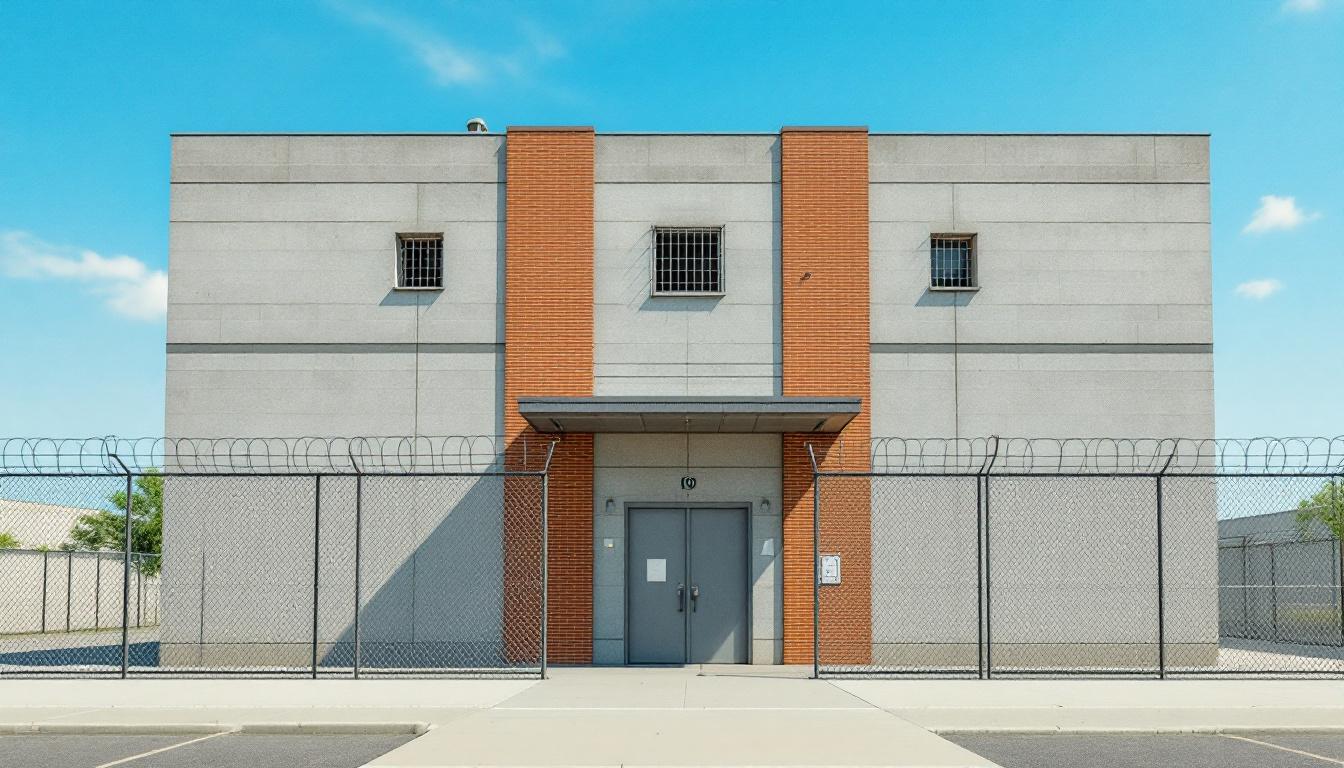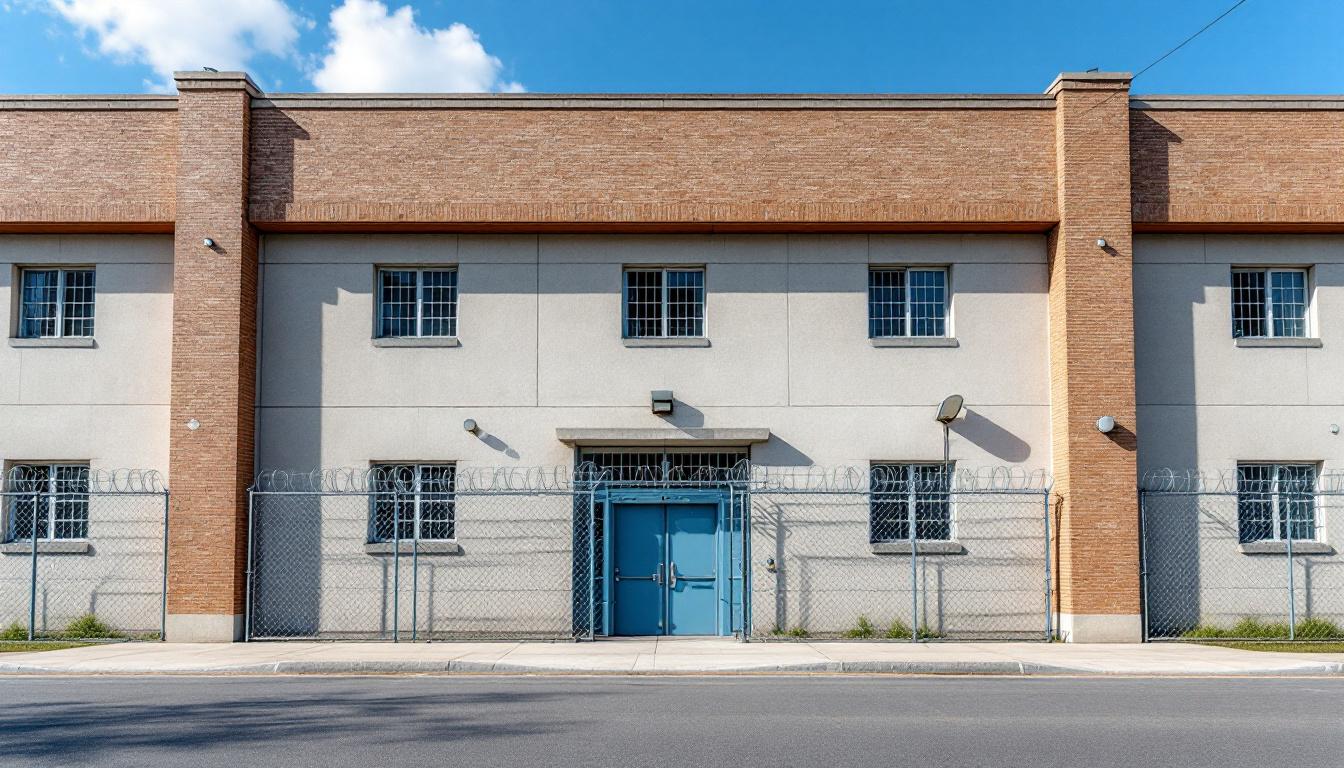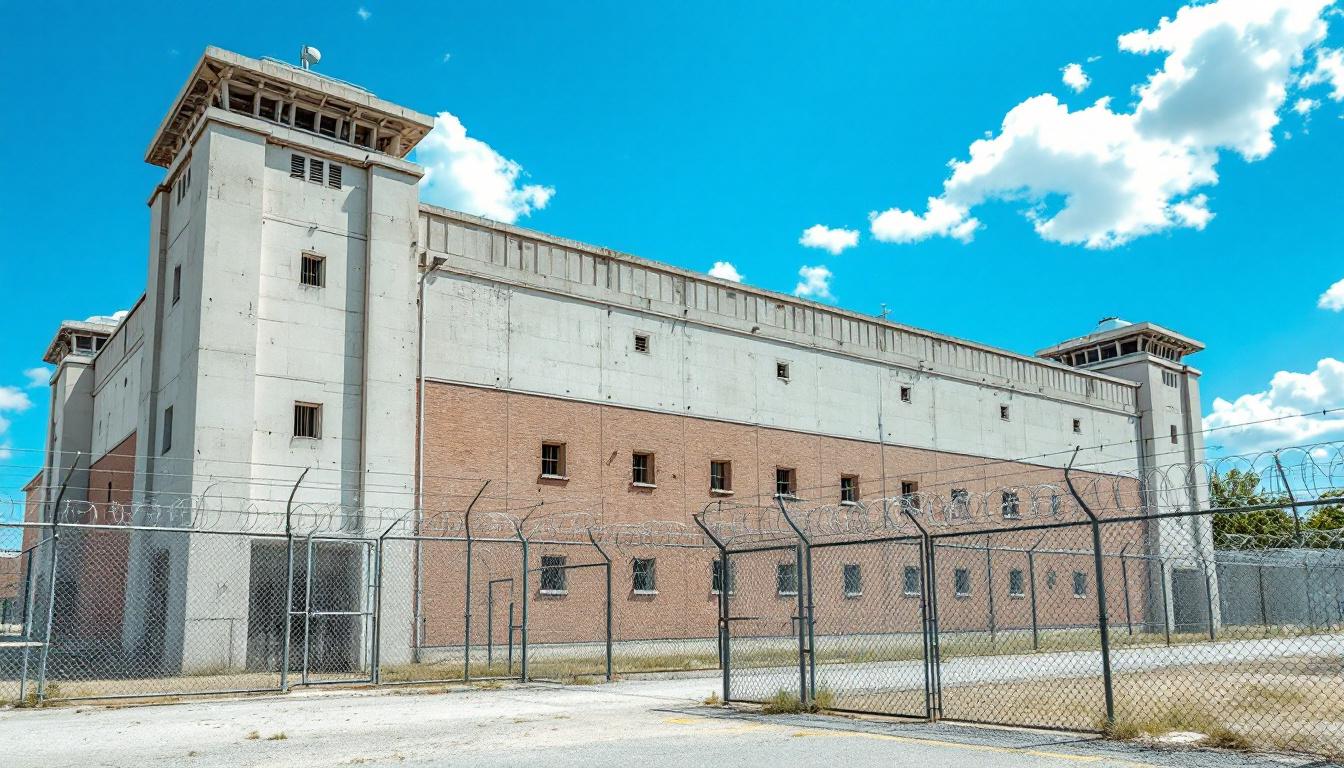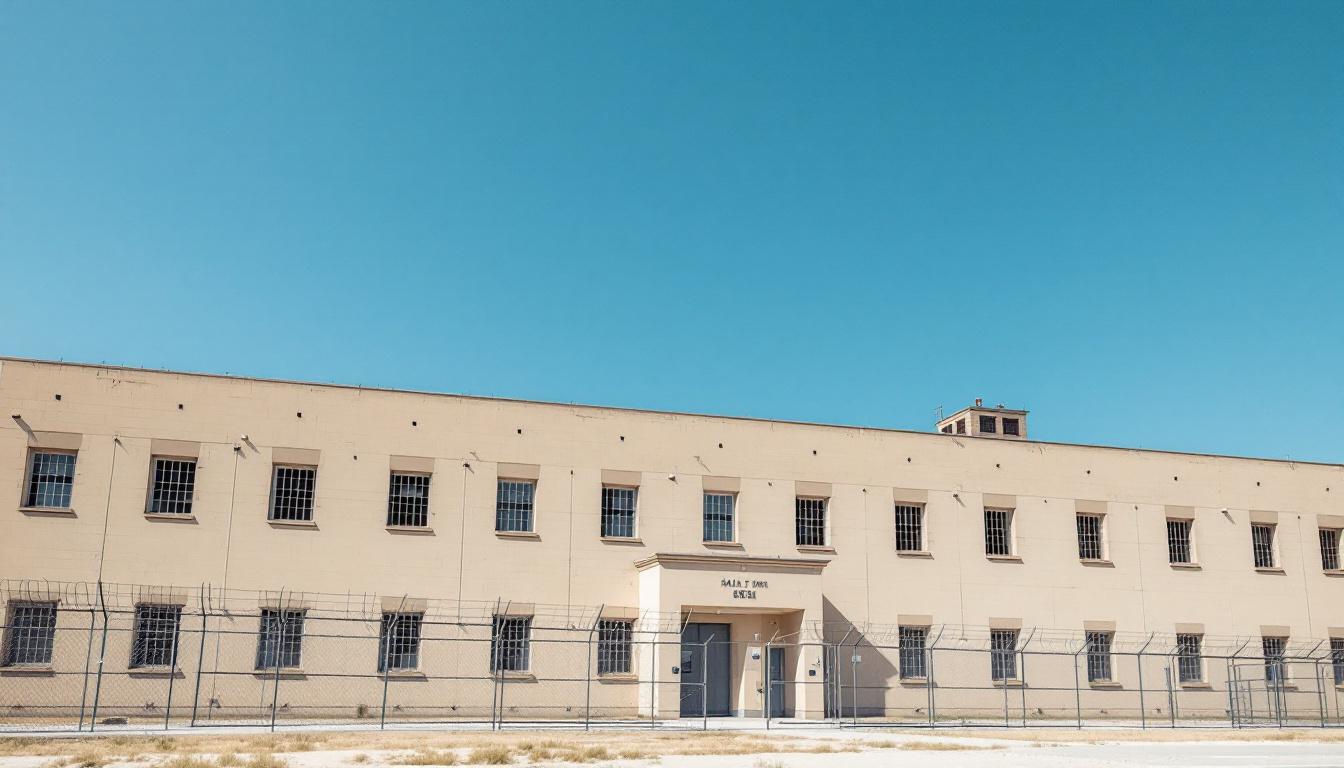
Quick Navigation
How to contact an inmate at Hertford County Jail
This comprehensive guide will walk you through how to connect with an inmate at Hertford County Jail. Follow the steps below to find an inmate and send letters and photos:
- Search for the inmate using our search tool below
- Create your account or log in to Penmate
- Write your message (up to 6,000 characters)
- Send instantly - inmates receive printed copies daily
Find an Inmate
Search for an inmate to start communicating today
Tip: You can search by first name, last name, or inmate ID number
To contact a person at Hertford County Jail start by searching for the person on the official facility website. Perform a search by following these steps:
- Step 1: Enter their first name and last name into the search form and click "Search"
- Step 2: Locate their inmate record
- Step 3: Write down their Inmate ID and any housing information provided
Important! Be sure to enter the person's full name. Nicknames should not be used.
How to Send Messages to Inmates

You can use your phone or computer to send emails, letters, and photos to an inmate. Messages are sent electronically to inmate tablets or kiosks at the facility. If you would like to send a message, start by searching for an inmate at Hertford County Jail.
Sending Photos and Postcards

A great way to send love and support to a loved one at Hertford County Jail is to send photos and postcards. It only takes a few minutes to send photos from your phone and it makes a huge difference. You can also mail postcards with words of support and inspiration, or design your own postcard for special moments like birthdays and holidays.
Important! Be sure not to send any explicit photos or they may not be approved by the facility. You can also use a photo printing app like Penmate to make sure your photos are printed at the correct size (4x6 or 3x5) and are mailed according to the rules and regulations of Hertford County Jail.
Frequently asked questions about Hertford County Jail
-
How long does it take to deliver a message?
If you're sending an email message your letter is usually delivered within 24-48 hours. For messages sent via mail you should expect delivery within 3-7 days. All messages will need be approved by Hertford County Jail.
-
How much does it cost to send a message to Hertford County Jail?
You can send a message free using your phone or mail a message via USPS for the price of a $0.60 stamp and envelope. You can also purchase credits or e-stamps from services starting at $1.99.
-
What services can I use to contact an inmate at Hertford County Jail?
Penmate
You can use Penmate to send letters and photos to an inmate from your phone. It's an easy way to stay in touch during your loved one's incarceration. Use the inmate locator to find an inmate's location and contact information, then you can send messages within a few minutes.
Securus messaging
Securus may be another option for communicating with an inmate at Hertford County Jail. You can create a friends and family account and purchase credits to send messages. All messages will be reviewed and must be approved by the facility.
JPay
Some county jails and state prisons may support sending messages with JPay. You must register an account with the system, find your loved one, and purchase stamps to send messages. For some locations you can also attach photos.
Smart Jail Mail
You may also check if Smart Jail Mail is available at Hertford County Jail. Smart Jail Mail is operated by Smart Communications and has contracted with some state and county jails. After purchasing credits, your messages and photos are sent to the facility, printed out, and then handed out to your loved one.
-
What is the mailing address of Hertford County Jail?
Mailing address:
Hertford County Jail
701 Taylor St
Winton, NC 27986
Phone: (252) 358-7840 -
What are the visiting hours at Hertford County Jail?
Visiting hours at Hertford County Jail vary by housing unit and security level. Generally, visits are scheduled on weekends and holidays, with some facilities offering weekday visits. Contact the facility directly at (252) 358-7840 or check their website for the current visiting schedule. Visits typically last 30-60 minutes and must be scheduled in advance.
-
What items are prohibited when sending mail to Hertford County Jail?
Prohibited items typically include: cash, personal checks, stamps, stickers, glitter, glue, tape, staples, paperclips, polaroid photos, musical or blank greeting cards, hardcover books, magazines with staples, and any items containing metal or electronics. Only send letters on plain white paper with blue or black ink. Photos must be printed on regular photo paper (no Polaroids). Always check with Hertford County Jail for their specific mail policies.
-
How do I send money to an inmate at Hertford County Jail?
You can send money to an inmate at Hertford County Jail through several methods: 1) Online using JPay, Access Corrections, or the facility's approved vendor, 2) Money orders mailed directly to the facility with the inmate's name and ID number, 3) Kiosks located in the facility lobby, or 4) Over the phone using a credit or debit card. Fees vary by method, typically ranging from $2.95 to $11.95 per transaction.
-
Can I schedule a video visit with an inmate at Hertford County Jail?
Many facilities now offer video visitation as an alternative to in-person visits. At Hertford County Jail, video visits may be available through services like Penmate, Securus Video Connect, GTL, or ICSolutions. Video visits typically cost $10-20 for 20-30 minutes and must be scheduled in advance. You'll need a computer or smartphone with a camera and reliable internet connection. Contact the facility for their specific video visitation policies and approved vendors.
-
What identification do I need to visit an inmate at Hertford County Jail?
All visitors must present valid government-issued photo identification such as a driver's license, state ID, passport, or military ID. Minors must be accompanied by a parent or legal guardian who can provide the minor's birth certificate. Some facilities require visitors to be on the inmate's approved visitation list, which may require a background check. Contact Hertford County Jail for specific ID requirements and visitor approval procedures.
-
How can I find out an inmate's release date?
To find an inmate's release date at Hertford County Jail, you can: 1) Use the online inmate search tool if available, 2) Call the facility's records department, 3) Contact the inmate's case manager or counselor, or 4) Have the inmate provide this information during a call or visit. For privacy reasons, some facilities only release this information to immediate family members.
Facility Overview
Official Website
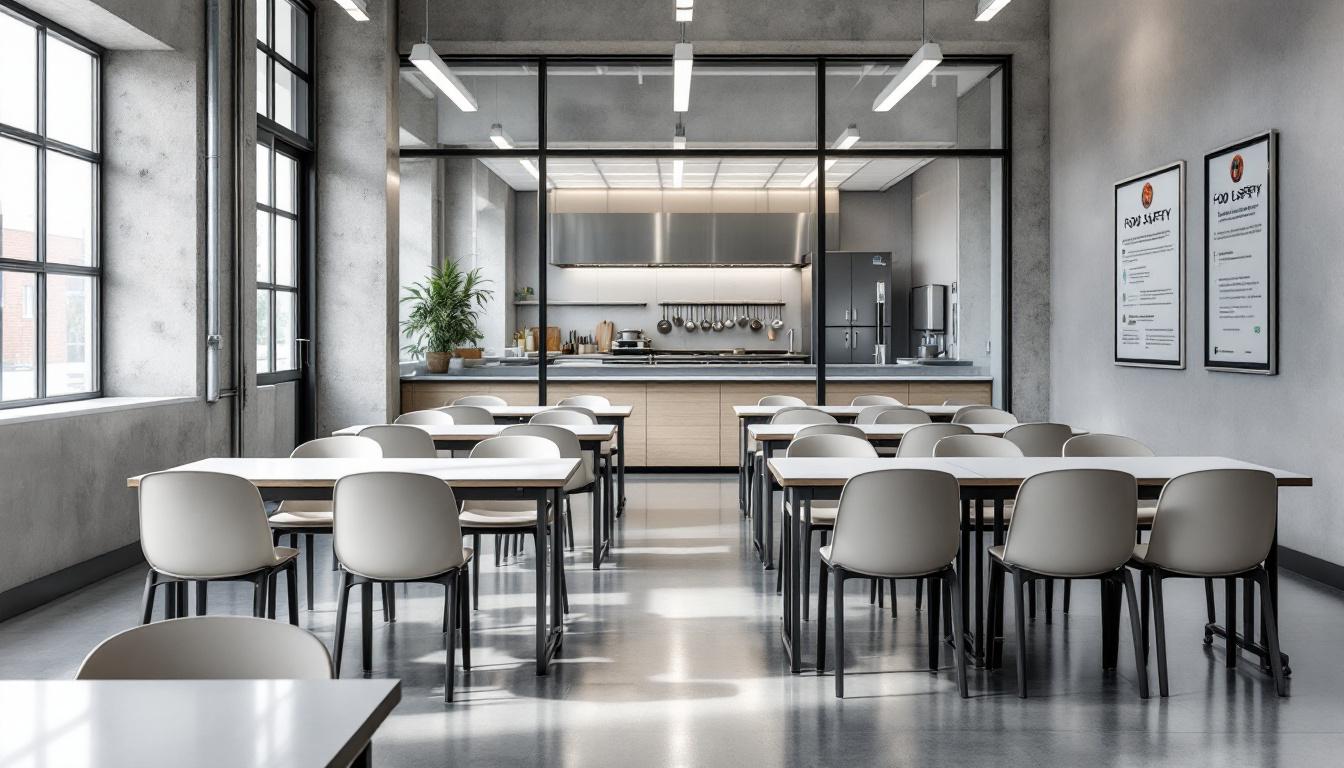
About Hertford County Jail
Nestled in the heart of Winton, North Carolina, the Hertford County Detention Center serves as a cornerstone facility for the region's criminal justice system, providing secure housing and rehabilitative services for individuals awaiting trial or serving shorter sentences. This NC correctional facility operates within the broader framework of North Carolina's detention network, focusing on creating pathways that may lead residents toward positive life changes while maintaining community safety throughout the rural northeastern region of the state.
The detention center typically emphasizes a process-oriented approach to resident services, where individuals often have access to educational opportunities, substance abuse counseling, and vocational training programs designed to address underlying issues that may have contributed to their circumstances. Through structured daily routines and supportive programming, residents generally work through various stages of personal development that may include anger management, life skills training, and preparation for successful community reintegration. Staff members typically guide individuals through these processes with an understanding that meaningful change often occurs gradually through consistent participation and personal commitment.
Within Winton's close-knit community environment, the facility generally maintains connections with local organizations and service providers to create continuity of care that extends beyond incarceration. The detention center's rehabilitation-focused philosophy typically recognizes that lasting positive outcomes often emerge when residents receive comprehensive support addressing mental health needs, educational gaps, and employment preparation. This supportive guidance approach may help individuals develop the tools and perspectives necessary for building productive lives upon their return to the community, ultimately contributing to reduced recidivism and stronger family relationships throughout Hertford County and surrounding areas.
Programs & Services
Comprehensive rehabilitation initiatives at this North Carolina facility center on addressing the underlying factors that contribute to criminal behavior while preparing residents for successful community reintegration. The facility's approach typically emphasizes skill development, personal growth, and accountability through structured programming that may deliver both immediate benefits during incarceration and long-term advantages upon release. Residents often participate in multiple initiatives simultaneously, creating a holistic framework that addresses educational deficits, vocational needs, and personal challenges.
Educational services form the foundation of the facility's programming structure, with initiatives that may include adult basic education, GED preparation, and literacy enhancement opportunities. These programs often utilize individualized learning plans that allow residents to progress at their own pace while addressing specific academic gaps. Furthermore, vocational training initiatives typically focus on marketable skills that align with regional employment opportunities, potentially including construction trades, food service preparation, and basic computer literacy. Such programs may deliver hands-on experience through facility maintenance projects and kitchen operations, providing residents with practical skills and work experience that can translate directly to post-release employment opportunities.
Therapeutic initiatives address substance abuse through structured treatment programs that may include group counseling sessions, educational workshops about addiction, and relapse prevention planning. These services often incorporate evidence-based approaches that help residents understand the connection between substance use and criminal behavior. Furthermore, support services typically encompass victim awareness programs that encourage residents to consider the impact of their actions on others, while wellness programs may focus on physical fitness, stress management, and mental health awareness. Volunteer programs often connect residents with community mentors and faith-based organizations, creating support networks that can continue beyond release and facilitate successful community reintegration.
Daily Life & Visitation
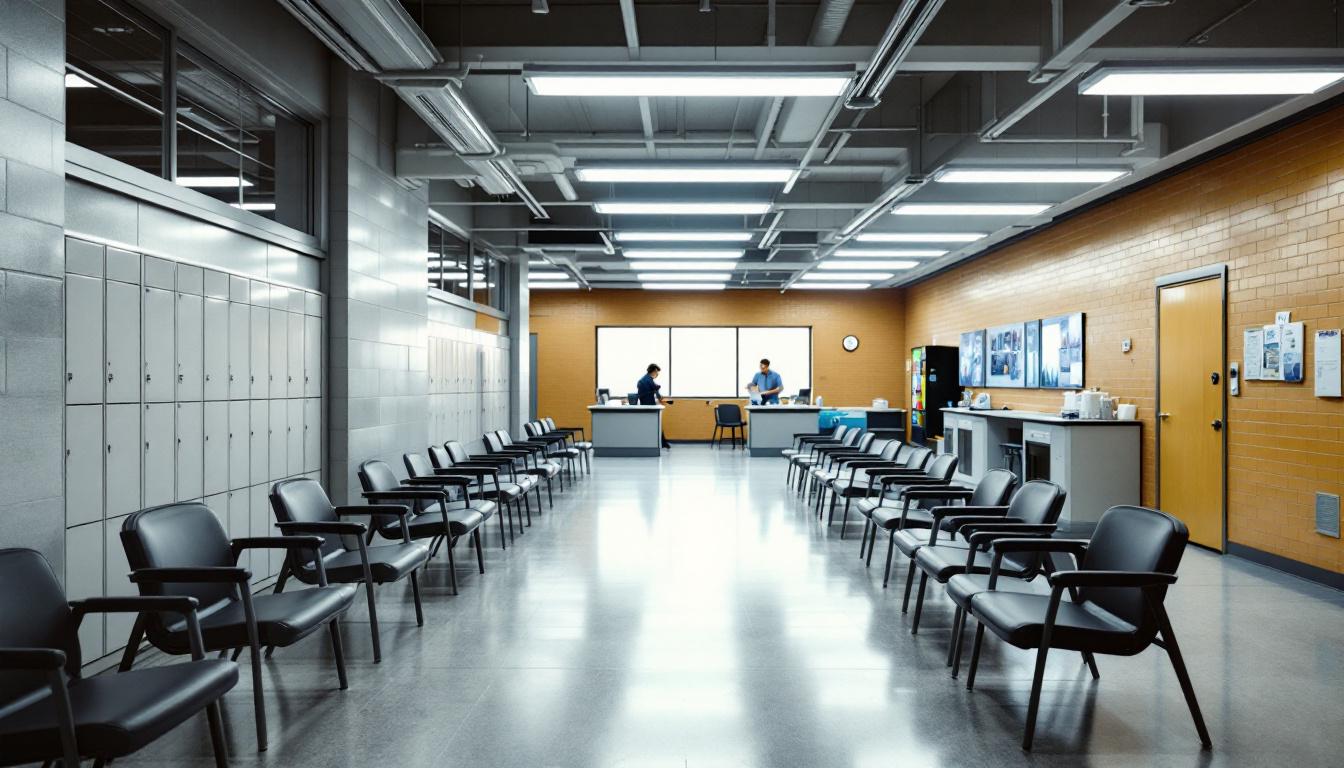
Structured routines begin before dawn and continue throughout the day, creating a predictable framework that residents can rely on. Today's schedule typically mirrors yesterday's, and tomorrow will generally follow the same pattern. Consistently maintained meal times, count procedures, and activity periods deliver stability in an environment where uncertainty might otherwise prevail.
Living accommodations at the facility generally include dormitory-style housing units or individual cells, depending on classification levels and available space. Residents typically receive basic bedding, personal hygiene items, and may store approved personal property in designated areas. Furthermore, the commissary system usually allows residents to purchase additional items like snacks, writing materials, and hygiene products when funds are available through family support or facility work assignments.
Programming schedules often include educational opportunities, substance abuse counseling, and vocational training that residents may participate in based on their length of stay and classification status. Recreation periods typically provide time for physical exercise, television viewing, or reading in common areas. Although visitation policies vary, family members can generally maintain contact through scheduled visits, phone calls, and written correspondence. Work assignments within the facility may include kitchen duties, cleaning responsibilities, or maintenance tasks that help residents earn small wages while contributing to daily operations.
Ready to Connect?
Start communicating with your loved one today
Search for an Inmate
